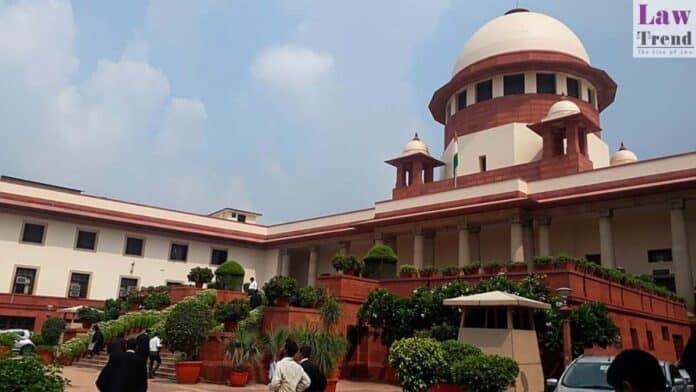The Supreme Court has discharged a school correspondent, Thangavel, from charges of abetment to suicide under Section 306 of the Indian Penal Code, observing that no reasonable person could have foreseen that a scolding would lead a student to take his own life. The bench of Justice Ahsanuddin Amanullah and Justice Prashant Kumar Mishra allowed
To Read More Please Subscribe to VIP Membership for Unlimited Access to All the Articles, Download Available Copies of Judgments/Order, Acess to Central/State Bare Acts, Advertisement Free Content, Access to More than 4000 Legal Drafts( Readymade Editable Formats of Suits, Petitions, Writs, Legal Notices, Divorce Petitions, 138 Notices, Bail Applications etc.) in Hindi and English.




